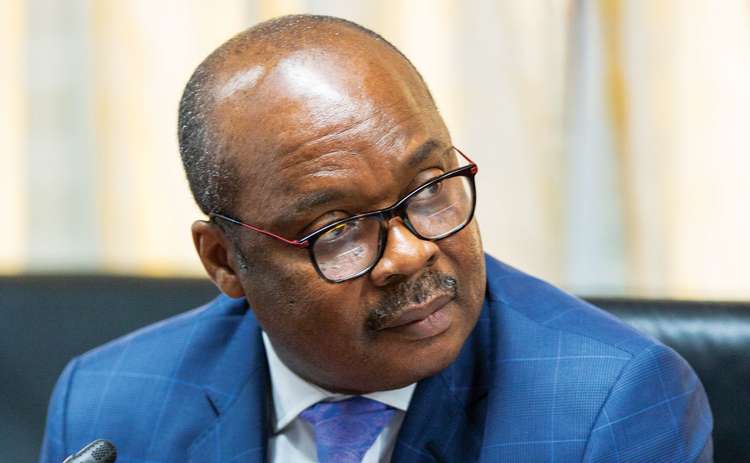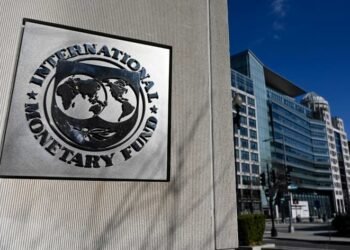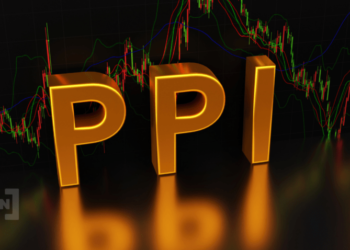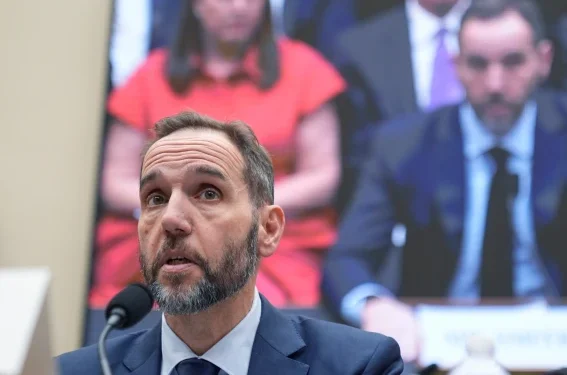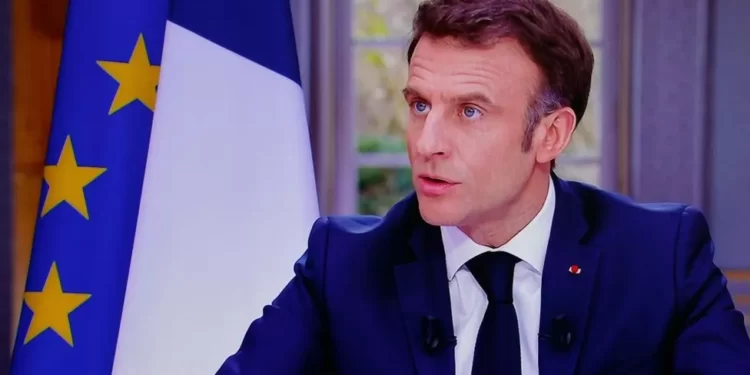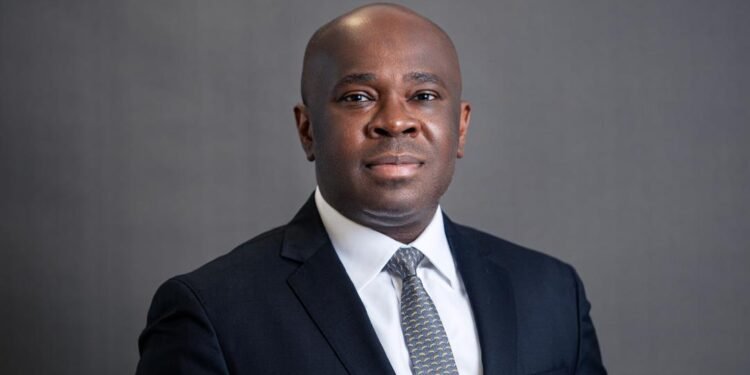The Governor of the Bank of Ghana, Dr. Ernest Addison, has emphasized his commitment to stabilizing the Ghana cedi against the US dollar and other major foreign currencies.
Dr. Addison assured the Central Bank is taking all necessary measures to maintain exchange rate stability.
He highlighted the importance of exchange rate stability in controlling inflation, emphasizing that inflation cannot decrease if the exchange rate remains volatile.
“I am sure you know that the exchange rate stability will be sustained. It is not possible to continue the disinflation process with exchange rates that are not stable, so implicit in that statement is to give assurance to you all about the stability of the cedi going forward.
“I am aware that this morning, for example, every bank has got a little bit of FX [foreign exchange] from the central bank. Averagely there are one or two banks who didn’t need it but I am sure FBN [First Bank Ghana] probably got some of those resources.”
Dr. Ernest Addison
There has been a notable increase in demand for the US dollar and other major foreign currencies, leading to a sharp depreciation of the Ghana cedi in recent times.
Currently, the exchange rate stands at approximately GH¢14.50 to one US dollar and GH¢18.00 to one British pound in the retail market.
Dr. Ernest Addison assured that the Central Bank is closely monitoring the foreign exchange market developments to address the situation.
“We are keeping a keen eye on developments in the foreign exchange market”, he mentioned.
JP Morgan Research recently emphasized the dollar’s resilience compared to other major currencies.
“Despite uncertain macro conditions, the dollar has continued to demonstrate strength – largely thanks to sticky inflation, a resilient US economy, and year-to-date highs in yields. Indeed, in a display of US exceptionalism, the greenback has gained against just about every other major currency in 2024.”
JP Morgan Research
It added, “The macro market narrative has shifted from ‘when’ to ‘whether’ the Fed will ease this year, and has taken the dollar higher commensurately.”

Cedi Depreciation Forecast and Intervention Efforts
Moreover, Databank, an asset management firm, forecasts a continued depreciation of the cedi in the upcoming weeks. This projection stems from an imbalance between the demand for foreign exchange (FX) and its limited availability.
However, it stated the Bank of Ghana injected approximately $270.1 million into the FX market as of April 3, 2024.
This injection included $150.1 million in immediate transactions and $120 million in forward contracts for Bulk Oil Distribution Companies (BDCs). The aim is to enhance liquidity and stabilize the value of the cedi.
Moreover, Dennis Miracles Aboagye, Communications Director for the New Patriotic Party’s 2024 Campaign Team in an interview on May 9 2024 emphasized the government’s commitment to stabilize the cedi with the Gold for Oil (G4O) policy.
The policy, as explained by the government, is to allow the government to pay for imported oil products with gold, in a direct barter with gold purchased by the Central Bank.
This is aimed at reducing pressure on Ghana’s foreign exchange, as the direct gold barter would be the mode of paying for imported oil instead of depleting the foreign exchange reserve.
According to Dennis, Ghana needs about $400 million every month to import petroleum products, which puts significant pressure on the cedi. He said the G4O policy is helping to reduce the demand for the dollar.
As such, Dr. Ernest Addison, Governor of the Bank of Ghana, remains steadfast in stabilizing the Ghana cedi against major foreign currencies, emphasizing the critical link between exchange rate stability and controlling inflation.
Despite recent challenges, measures like injecting $270.1 million into the FX market and government policies like Gold for Oil demonstrate a commitment to currency stability and economic resilience.
READ ALSO: Byno Ayoni Shares Distressing Ordeal He Experienced

